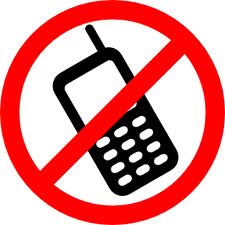The unusual story of Jim Kubicek, an IT consultant and business owner in Cumming, Georgia captured my attention recently. Due to a disagreement with the Cumming-Forsyth County Chamber of Commerce having unpaid bills, Jim’s company KIT cut off its services. What followed was the local Sheriff charging Jim with “theft by extortion”, “computer theft”, and “computer trespass”. All of these felonies could conceivably see Jim spending 45 years in jail. Incredibly, this is a small town with a population of 5,613, so I’d expect people like Jim are known to a large number of people in his local area. This is becoming a far-too-common cautionary tale we can learn from.
ParkInToronto.com is a new site that uses Toronto’s freely available parking ticket database to give users a way to search for past ticket details on a specific location. The idea certainly isn’t new, but it is one that is becoming more prevalent as users continually look for ways to make sense of data.
Given an exaggerated need to switch devices often, I thought I would share some of the strategies I use to make sure I can pick up and move forward quickly.
It’s something the phone companies don’t want to hear. Since none of them currently offer the ability to get a data-only plan – and many people still pay for service they barely use – don’t expect that to change any time soon. I think it’s a compelling argument: if you can do everything you require without only data on a phone, why aren’t more people demanding it? So, I’m going to take an iPhone and give it only data access (by way of WiFi tethered off another phone) and see how many of the daily-use features will work reliably.
I predict in five years or less, we will no longer need to pay for Voice, Long Distance (in North America), and the classic Cable TV. It will be replaced by something very different and all of it, travelling across data. No longer will you be paying for voice plans, long distance on the same continent or Cable TV services






